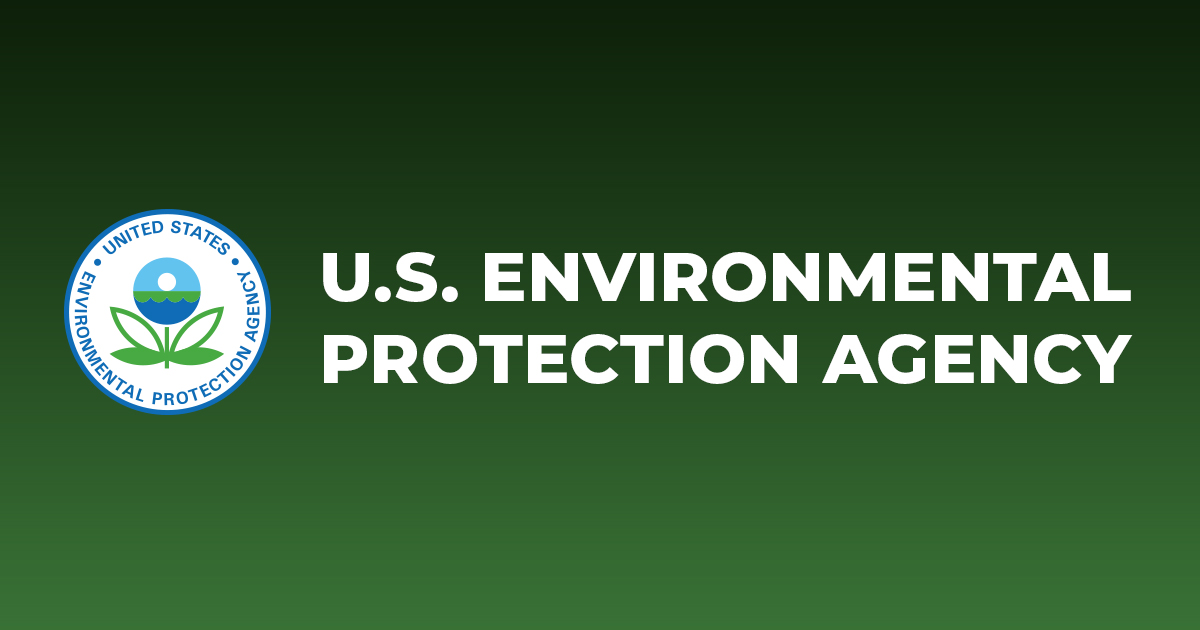It's not as complicated as you need it to be for your fallacy.
The basics aren't really that complicated, you are correct, but it does require at least a basic understanding of how gases and radiation work. An intro geology class and an intro chemistry class could do you wonders.
Now, the nitty gritty stuff can get quite complex and you won't be up for that until you get further along in your studies.
Here's the basic stuff we do know:
We've known since the 1800's that CO2 absorbs IR radiation. That's incontrovertible. If you take a chemistry class they can show you that in actions.
We know that starting in the middle 19th century that western Europe and the US started mass industrialization and burned a lot of coal
We know that burning coal makes CO2 (you'll learn that in basic intro chemistry!)
We know that it takes a long time to fix carbon in coal naturally but we can burn it very quickly meaning we released a LOT of extra CO2 from our industrial output.
You can learn in geology classes how the CARBON CYCLE works and how it takes a lot of effort and time to get extra CO2 back out of the atmosphere.
There you have it! Pretty much basic things understandable by even a high school kid with minimal science training.
Now there's obviously a LOT more to it than just that but that's a good start for someone with almost no science background.
One of the really cool things is that we can tell, chemically, that a lot of the extra CO2 in the atmosphere since the mid-19th century is from burning fossil fuels! They can actually tell that! It's neat what science can do.
So, like I said, it's never bad not to know something because you can always learn!
Take an intro chem class and an intro geology class ( so you can learn about the history of earth and its climate) and you'll open a really cool area of learning.


